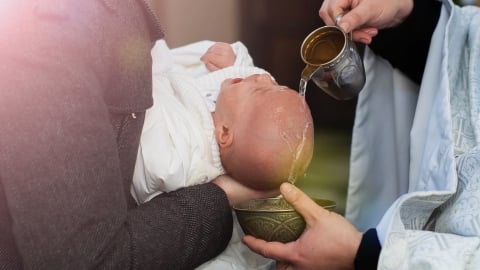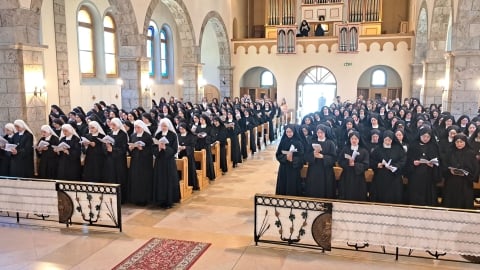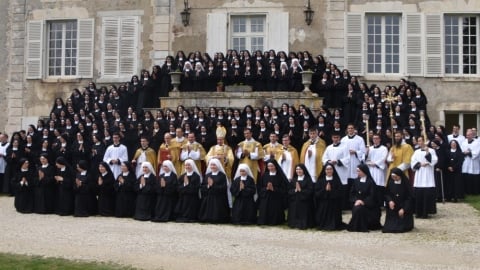Pope Francis on defending the bond of marriage

During an audience with members of the Apostolic Signatura, Pope Francis emphasized the important of effectively defending the matrimonial bond during an annulment proceeding.
The Tribunal of the Apostolic Signatura, defender of the bond of marriage
On November 8, 2013, during an audience granted to the participants in the Plenary Assembly of the Supreme Tribunal of the Apostolic Signatura, Pope Francis spoke more particularly about the defender of the matrimonial bond in marriage annulment cases. The plenary assembly had specifically as its theme “the promotion of an effective defense of the matrimonial bond in canonical processes of marriage”. The position of defender of the bond is currently held by Msgr. Joseph Punderson.
It is necessary that the defender of the bond carry out his work effectively, the Supreme Pontiff declared first, “so as to facilitate the arrival at the truth in the definitive sentence, for the pastoral benefit of the parties to the case”. The defender is called to “propose all sorts of evidence, incidental pleas, recourses and appeals which, out of respect for the truth, promote the defense of the bond”, the pope emphasized. If he wishes to render diligent service “he must not limit himself to a hasty reading of the acts, nor to bureaucratic or generic answers,” he added.
The pope’s words have a very special weight, since some people expect from him a more lenient discipline on matrimonial questions, which are supposed to be treated during the Synod on the Family in October 2014.
In Germany, relations with divorced and civilly remarried persons are stirring up passions. The subject was in the news again because of pastoral guidelines published by the Diocese of Freiburg-im-Breisgau on October 8. In an article in L’Osservatore Romano dated October 23, Archbishop Gerhard Ludwig Muller, Prefect of the Congregation for the Doctrine of the Faith, had recalled the teaching of the Catholic Church that excludes any access to the sacraments for the divorced and remarried (see DICI no. 284, 11-8-2013). In its November 11 edition, the German Catholic daily newspaper Die Tagespost reveals the contents of the letter that he had addressed just before that to Archbishop Robert Zollitsch, retired Archbishop of Freiburg but still President of German Bishops’ Conference: he invited him to “withdraw and revise” that document.
“A careful reading of the draft shows that it certainly contains correct and important pastoral observations, but its terminology is not clear and, on two points, it does not coincide with the teaching of the Church,” Archbishop Muller declares in this letter. In particular, it considers the possibility that a divorced and remarried person, after an “in-depth process of pastoral and theological discussion” with a priest, can make the “decision in conscience” to receive all the sacraments; this option contradicts the Magisterium of the Church and especially the Apostolic Exhortation Familiaris consortio by John Paul II (November 22, 1981).
Now, Archbishop Muller recalls, “this position of the Magisterium is well founded: divorced and remarried persons themselves pose an obstacle to their admission to the Eucharist inasmuch as their state of life is contrary to this bond of love between Christ and the Church.” Consequently, “to allow these persons access to the Eucharist would run the risk of creating confusion among the faithful concerning the teaching of the Church on the indissolubility of marriage.”
Similarly, guidelines for the prayer service “that is more and more often asked of pastors” at the time of a civil remarriage are rejected by Archbishop Muller. “Celebrations of this type were expressly forbidden by John Paul II and Benedict XVI,” he recalls. This is why “because of the discrepancies noted above, the draft guidelines must be withdrawn and revised.” The Prefect of the Congregation for the Doctrine of the Faith explains that because of the “questions raised not only in Germany, but also in many regions of the world” by the document of the Diocese of Freiburg-im-Breisgau, he “felt obliged to inform Pope Francis about this matter”.
(Sources: Apic/Imedia/La Croix/Die Tagespost—DICI no. 285, 11-22-2013)





